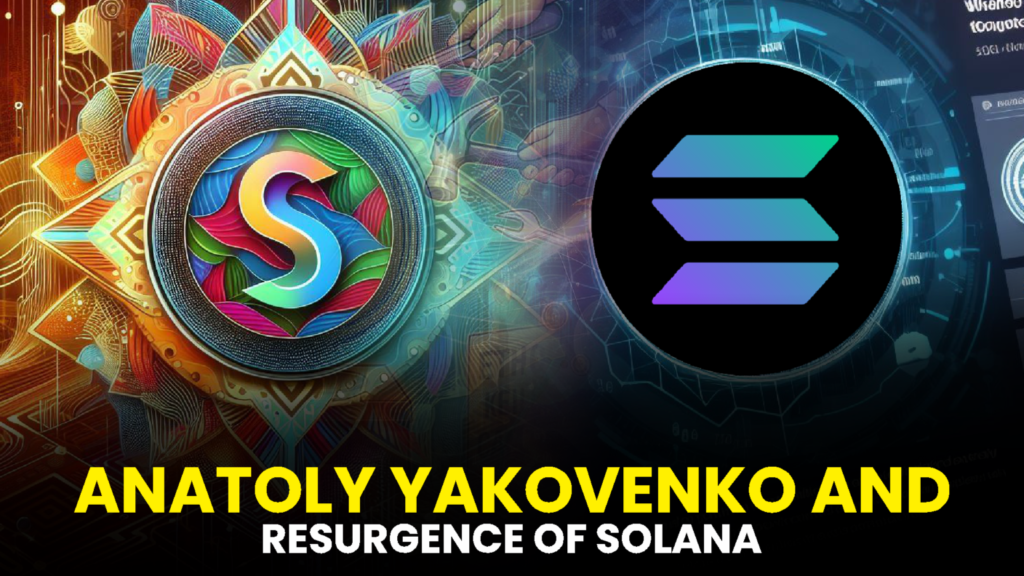With a Rocketing Token and Tech Improvements, Solana Defies Odds
Despite long odds and doubters, the Solana community, led by industry champion Anatoly Yakovenko, has defied the odds of defeat.
Solana (SOL) co-founder Anatoly Yakovenko and his layer 1 network remained in the conversation in 2023 despite long odds and plenty of doubters. While Solana hasn’t yet realized its vision of becoming the “Nasdaq on the blockchain,” its strong community of developers has largely refused to quit: only a handful of teams moved to other networks in the past 12 months.
Many Solana users stuck around to enjoy a renaissance of non-Ethereum-based decentralized finance (DeFi) activity, and, of course, price rallies. Its SOL token is up over 500% for the year. And major tech improvements are just over the horizon.
It wasn’t too long ago that some would have scoffed at predicting such a bounceback in so little time. Last year, the fast and cheap crypto network was only just recovering from a spate of chain failures when the FTX implosion further rocked the ecosystem.
- Beyond its impact on token prices, the downfall of Sam Bankman-Fried’s empire also impaired some of the infrastructure at the core of Solana DeFi, like the Serum decentralized exchange (DEX) engine and critical wrapped assets, like soBTC. But the chain and its community persevered.
- Ethereum fans still look skeptically at the network and its various tradeoffs. But the label “VC chain” didn’t stick in a year where venture capital largely steered clear of the entire Solana ecosystem. Still, the network has a long way to go before its comeback can be complete. Solana’s total value locked (TVL) – a measurement of the value of all the cryptocurrencies on its decentralized trading venues, lending protocols and staking outposts – is around $690 million.
Solana’s Path Forward
For instance, as the layer 2 economy continues to grow on Ethereum, which is helping to scale the largest smart contract blockchain but also fragmenting the user experience, more and more influential Ethereum boosters and developers are saying there is a chance “monolithic” chains like Solana will dominate.
Yakovenko, too, is gaining greater and greater respect among the wider crypto developer community, in part due to his willingness to engage in critical and constructive dialogue on social media and in podcasts. This year the Solana co-founder took a step forward in his role as a leading voice of the industry and wrote an op-ed in Fortune, arguing for sane digital asset regulation.
The article described his childhood under Soviet rule in Ukraine in brief, his admiration for the U.S. and his fears that a reactive stance against crypto in the country will drive out talent. “I meet promising entrepreneurs every day who want to build the next great technological innovation in America but don’t know how to build a blockchain company in a compliant way,” he wrote.
Still, Yakovenko and the coterie of committed ecosystem developers continue to build the world over. This year Solana saw the launch of the blockchain-forward Saga phone, announced by Yakovenko, a former operating systems developer at Qualcomm, and got a taste of Firedancer, the upcoming secondary chain client built by trading powerhouse Jump Crypto. Low-cost payments, in particular, is one area where Solana shows promise.


